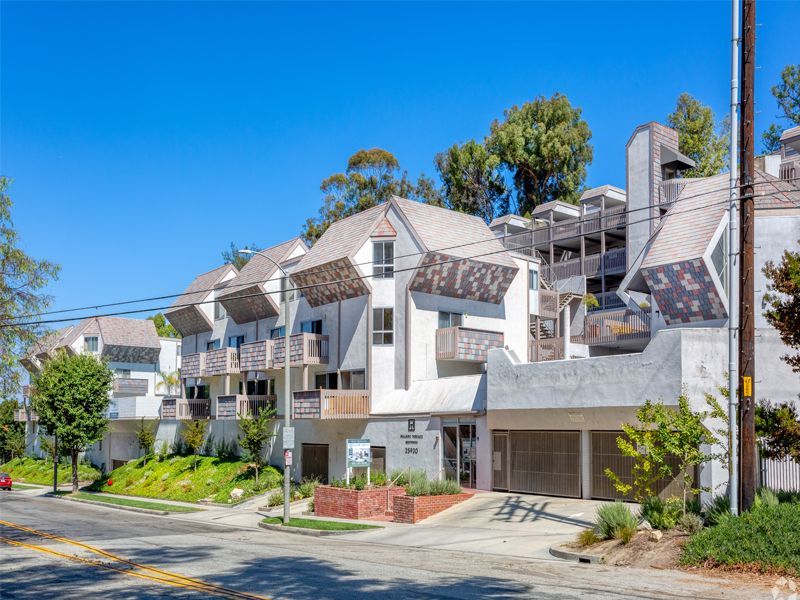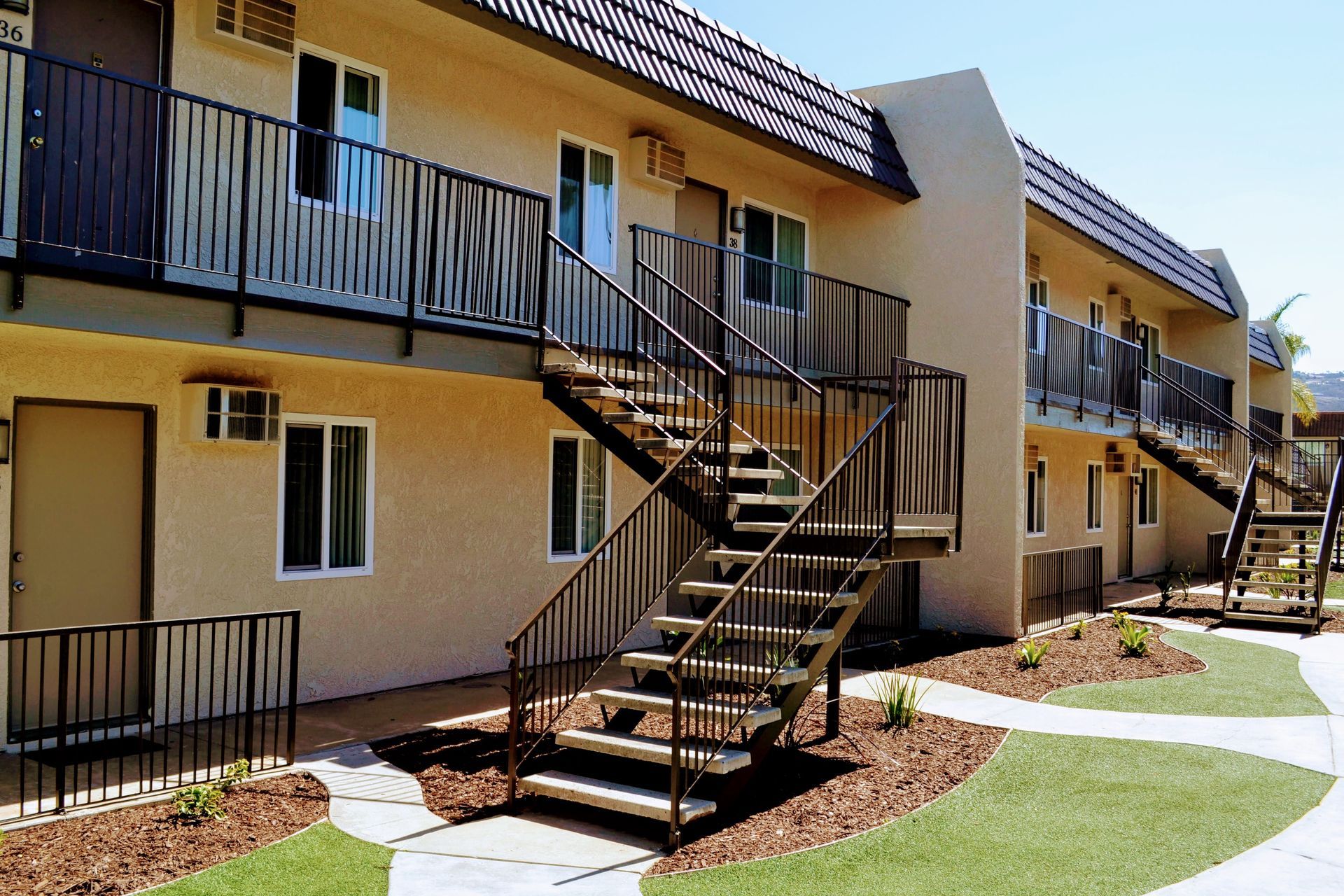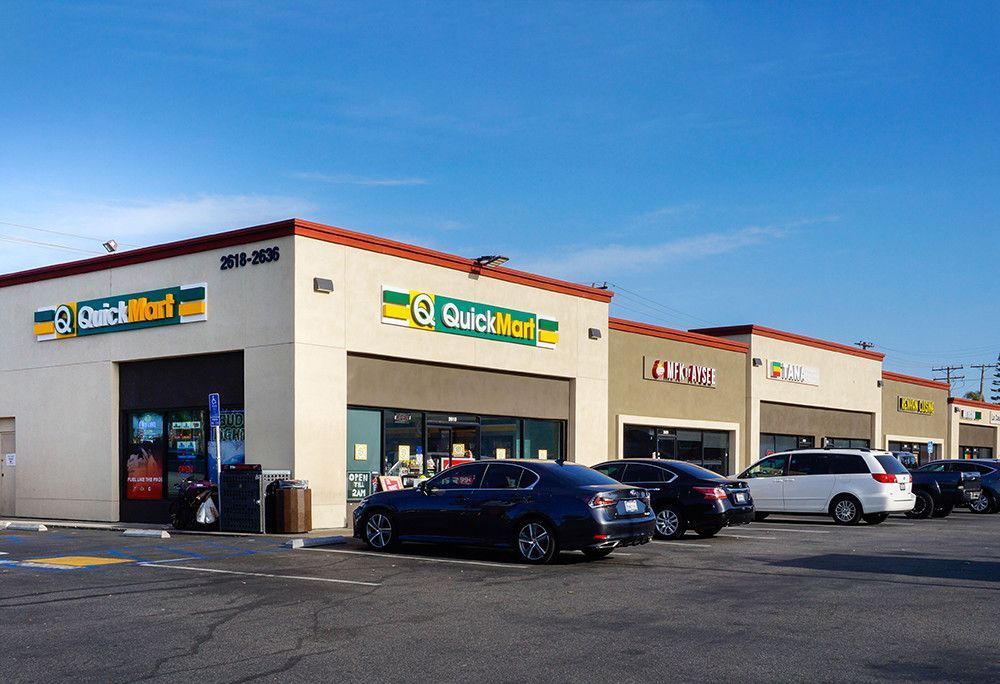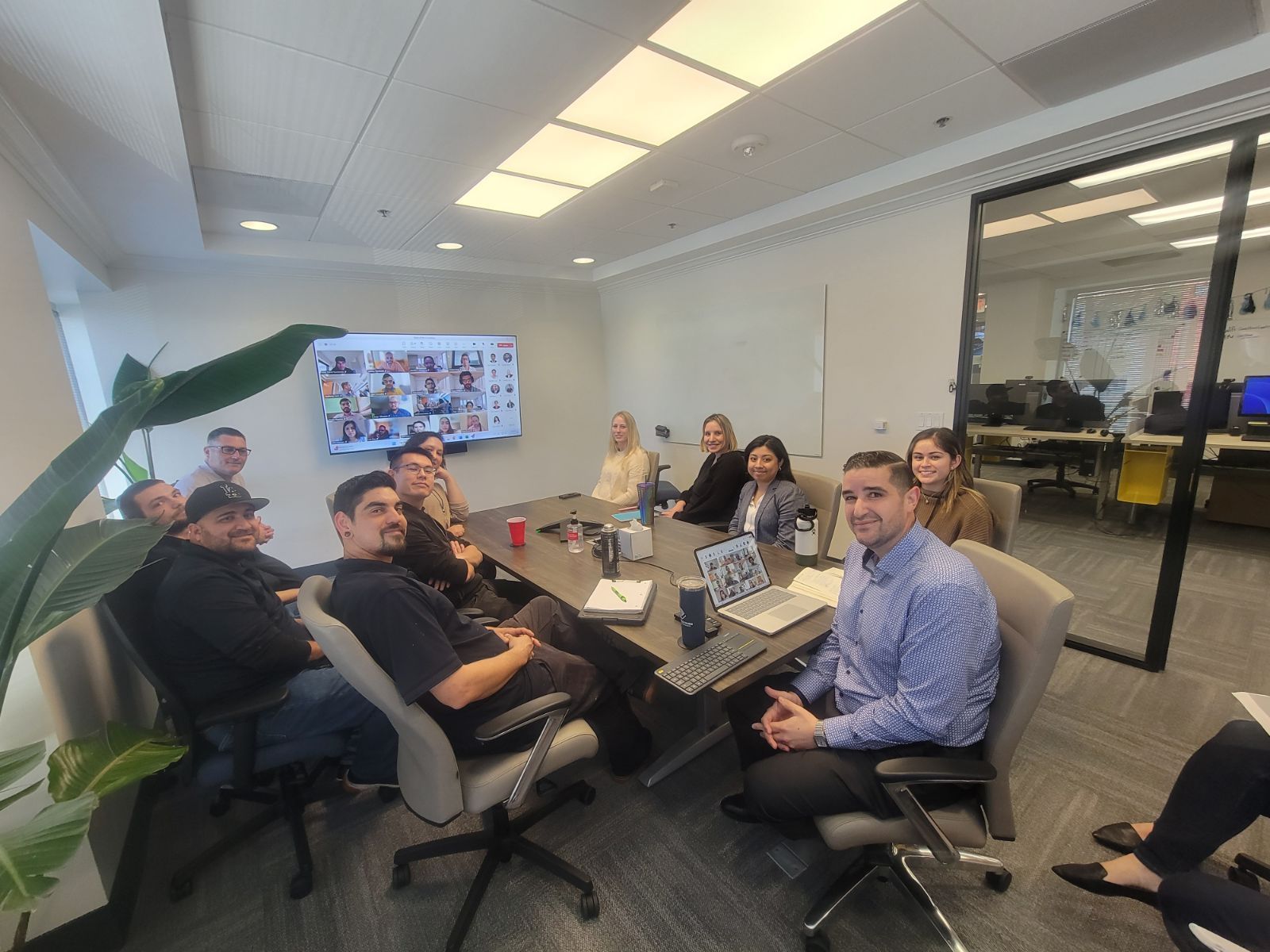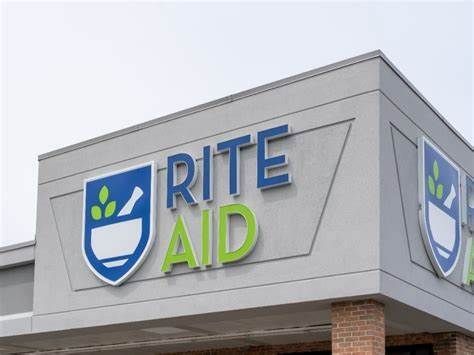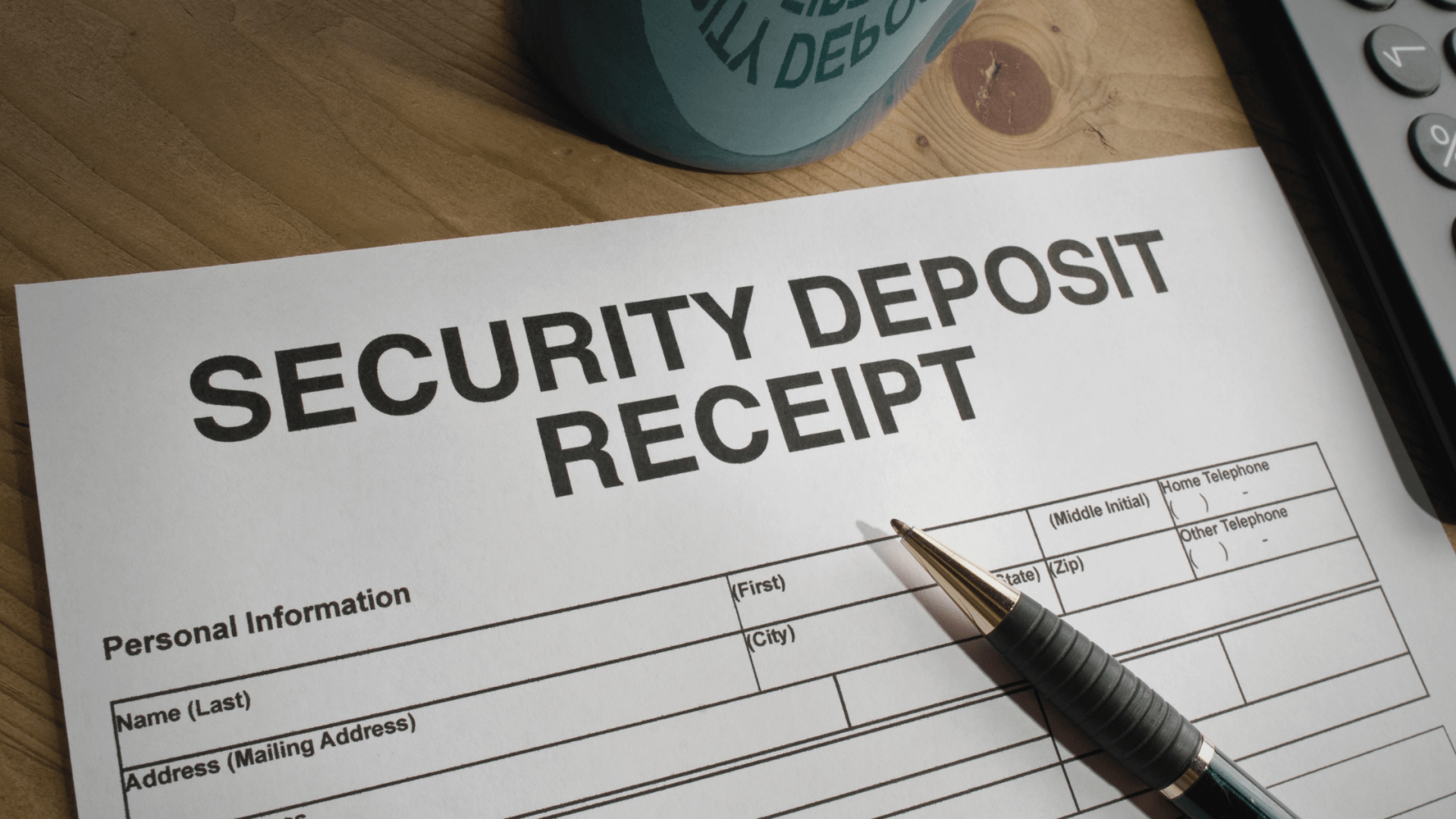Maximizing Success in the Commercial Real Estate Market
Managing a commercial property requires a unique set of skills and expertise. Property managers must navigate a range of challenges, from ensuring the safety and maintenance of the property to attracting and retaining tenants. While the role of a property manager may vary depending on the type of property they manage, several key strategies can be used to improve the performance of a retail property specifically.
Optimizing the Tenant Mix
A successful retail property requires a strong tenant mix, and an experienced property manager can analyze the tenant mix and make recommendations for optimizing it to maximize the property's performance. By strategically selecting tenants that complement each other and appeal to the property's target demographic, a property manager can create a more attractive and profitable tenant mix.
Regular Property Inspections
In addition to optimizing the tenant mix, a property manager should conduct regular property inspections to identify any maintenance or safety issues that must be addressed. By addressing these issues promptly, a property manager can maintain a safe and appealing environment for tenants and customers.
Implementing Cost-Saving Measures
Another strategy that property managers can use to improve the performance of a retail property is to implement cost-saving measures. By identifying opportunities to reduce costs, such as negotiating lower utility or maintenance costs or recommending energy-efficient upgrades, a property manager can help to increase the property's profitability.
Staying Up-to-Date on Market Trends
Staying up-to-date on market trends is crucial for any property manager. By monitoring industry trends, a property manager can identify emerging opportunities or threats and adjust their strategies accordingly. This could include keeping up with the latest retail technology trends, analyzing data on consumer behavior, or identifying changes in the local market.
Analyzing Foot Traffic and Customer Behavior
For retail properties, foot traffic, and customer behavior can have a significant impact on the property's overall performance. A property manager can analyze foot traffic patterns and customer behavior to identify areas where improvements can be made. For example, they may identify areas of the property experiencing low foot traffic and work to improve signage or add features to attract more customers to that area.
Offering Marketing and Promotional Support
Lastly, a property manager can offer marketing and promotional support to tenants to help drive traffic to their stores. By coordinating events, such as product launches or sales, and assisting tenants in developing effective marketing strategies, a property manager can increase the overall visibility of the property, attract more customers, and drive sales for tenants.
In conclusion, successful retail property management requires a combination of strategic planning, attention to detail, and a thorough understanding of market trends and consumer behavior. By optimizing the tenant mix, conducting regular property inspections, implementing cost-saving measures, staying up-to-date on market trends, analyzing foot traffic and customer behavior, and offering marketing and promotional support, property managers can help improve retail properties' performance and maximize their profitability.
Furthermore, a well-managed retail property not only benefits the property owner and tenants but also has a positive impact on the surrounding community. It can attract new businesses and visitors, create job opportunities, and contribute to the local economy. By creating a vibrant and thriving retail environment, property managers can play an essential role in shaping the growth and development of their communities.
Overall, effective retail property management is a challenging but rewarding endeavor. Property managers dedicated to maximizing their properties' performance and staying ahead of industry trends can create thriving retail environments that benefit tenants, property owners, and the surrounding community.
Property Management Made Easy
Contact Us - Contact Page
We will get back to you as soon as possible
Please try again later
Los Angeles
1411 W. 190th St.,
Suite 225
Los Angeles, CA 90248
Temecula
41743 Enterprise Circle N.,
Suite 207
Temecula, CA 92590

P.O. BOX #1489
TORRANCE, CA 90505
